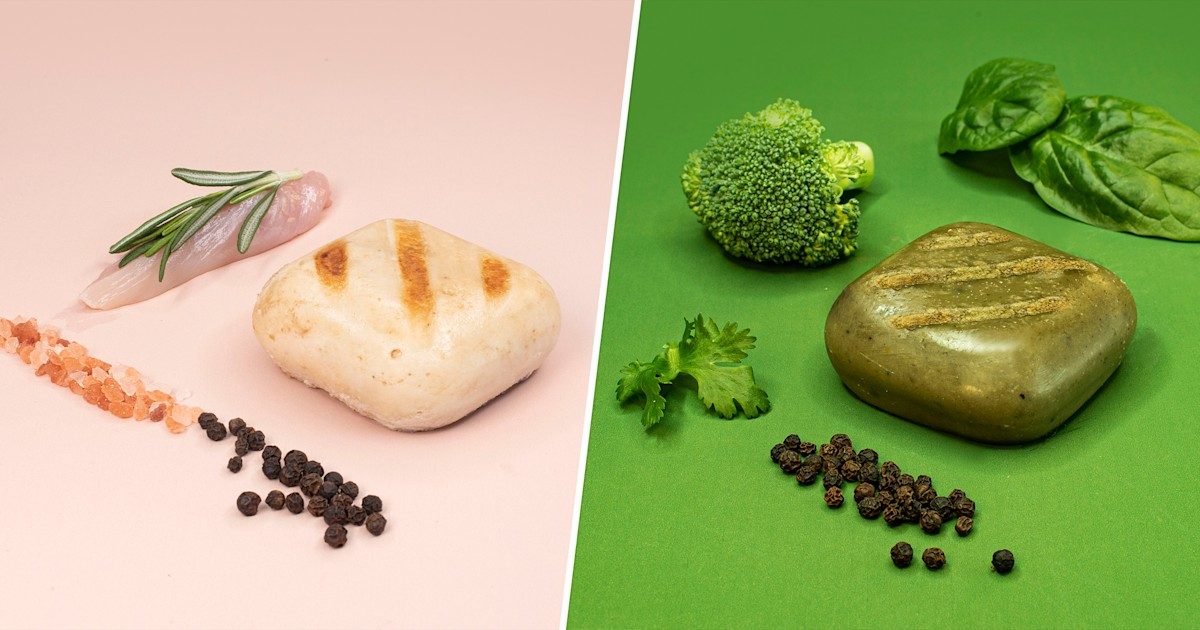Often, people ask me what I like about FoodTech. They wonder if it’s a passion for food or cooking. Actually, it’s rather much the size of the market to be disrupted, the impact it has on all our lives, notably through the link between food and health, and the speed.
Indeed, I remember the first “introduction to FoodTech” presentation I made in 2014. It was impossible to talk about FoodTech without having long and heated debates about Soylent, the meal replacement startup with its branding and promise of reducing the time spent cooking and eating.
It’s interesting to see how the debate has moved from there to other subjects (proteins, q-commerce, new agriculture, robotics…). The recent struggles and evolution of Soylent (and more broadly of the whole category of meal replacement startups) can help us learn a few things:
– first about startups and their ecosystem: it’s not because there is a lot of noise around a startup and its category that it is or will become a meaningful or sizeable business.
– second, about consumers: the “meal of the future” will probably look just like what we have on our plates today. Trying to sell something that does not look, feel and taste like what the consumers are used to can only target a tiny market.
SINCE YOU ARE HERE – Interesting reads to save for your weekend
🥛 🍗 UK food businesses are facing a serious shortage of items such as chicken and dairy products. McDonald’s had to cut its milkshakes and other bottled drinks from its menu as other restaurant chains focused on chicken products closed their doors. The issue is not linked with the products themselves but with their transport. Brexit made the number of drivers dwindle. Due to this shortage of transport, it’s the less valuable items that are impacted the most. Without any solution and the looming Black Friday and Christmas season, it could get much worse.
DigitalFoodLab: food supply chains may be one of the unsexiest topics possible, but they are what sustain our food system. They should deserve more attention both from politicians when they make decisions with rippling effects and from entrepreneurs (the space is open for disruption, and the amounts of capital invested in q-commerce could also be used here).
🌿 🔋 A Spanish startup, Bioo, makes batteries from… soil. How does it relate to FoodTech? These low-intensity batteries first use is to power all the sensors that are making the farm smarter and smarter.
🥒 ◼️ ◻️ As we talked earlier about Soylent, it is fair enough to conclude this newsletter by another startup aiming at reinventing the way we eat. Squareat (discovered in Daniel S. Ruben’s great newsletter) makes frozen cubes out of food (cubes of fish, vegetables and even pistachios). So you can combine them, eat anywhere (with a microwave). Here is a video and an article about it.








